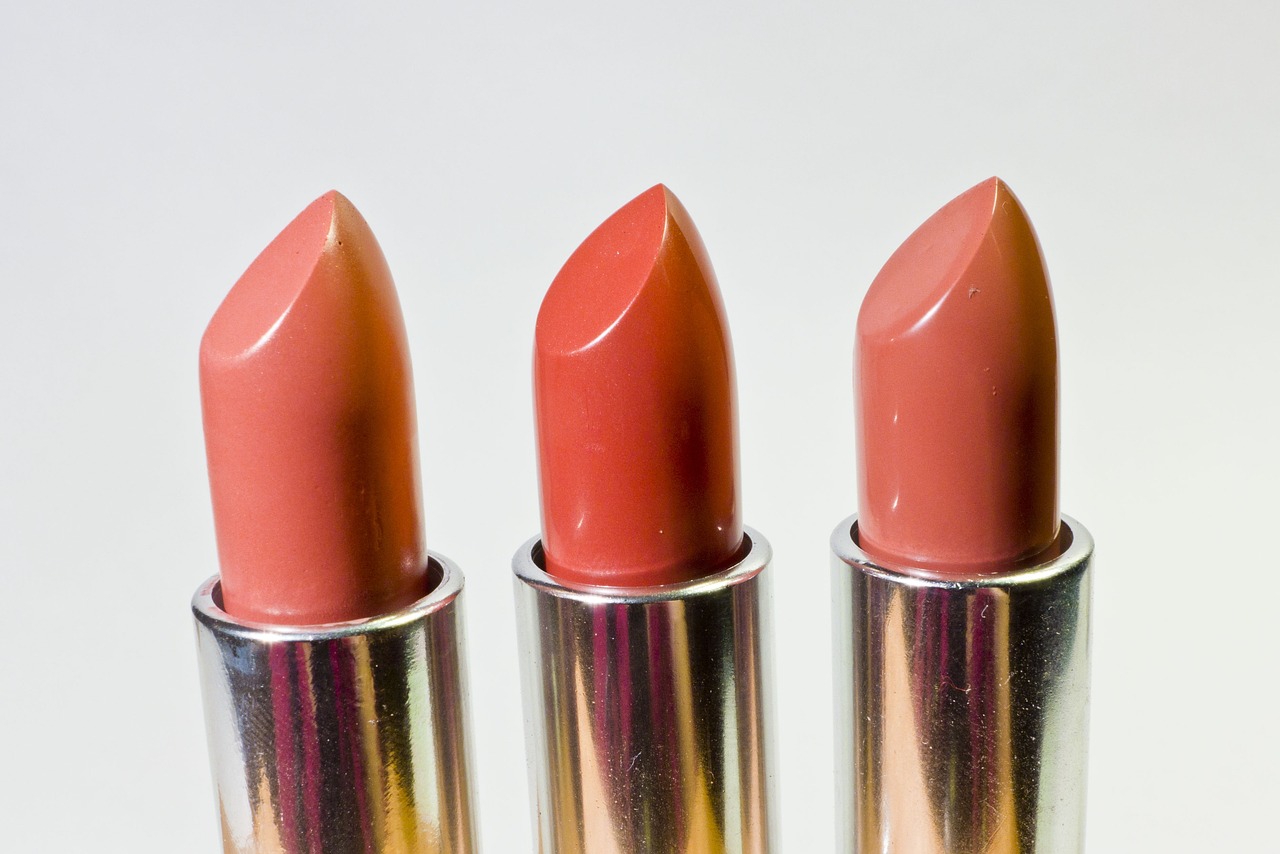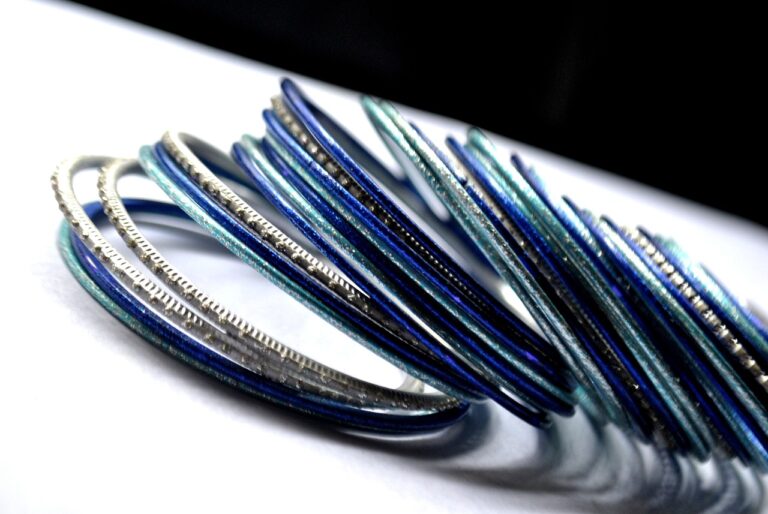Fashion and Technology: How Wearable Devices Are Revolutionizing Fitness Fashion
Wearable technology has become increasingly popular in the fitness world, especially with the rise of fitness trackers. These innovative devices allow users to monitor their physical activity, track their progress, and set personalized fitness goals. With features like step counting, heart rate monitoring, and sleep tracking, fitness trackers provide valuable insights into one’s health and fitness levels.
The convenience of wearable devices for fitness enthusiasts is unmatched. Users can easily wear these devices on their wrists or clip them onto their clothing, making it effortless to track their daily activities. Additionally, many fitness trackers sync with smartphone apps, allowing individuals to access detailed reports and analysis of their fitness data in real time.
• Fitness trackers offer step counting, heart rate monitoring, and sleep tracking features
• Users can set personalized fitness goals and track their progress easily
• Wearable devices are convenient to wear on wrists or clip onto clothing for easy tracking
• Many fitness trackers sync with smartphone apps for real-time access to detailed reports and analysis of fitness data
The Rise of Fitness Trackers
Fitness trackers have become increasingly popular in recent years as people become more health-conscious and technology-savvy. These wearable devices are designed to monitor various aspects of physical activity, such as steps taken, calories burned, heart rate, and sleep patterns. With the rise of fitness trackers, individuals are empowered to take control of their health and fitness goals by providing real-time data and insights into their daily activities.
The convenience and accessibility of fitness trackers have revolutionized how people track and manage their workouts and overall health. By simply wearing a small device on their wrist or clipping it onto their clothing, users can seamlessly monitor their progress and make informed decisions to improve their fitness level. The rise of fitness trackers has not only motivated individuals to stay active but has also created a community of like-minded individuals who share their fitness journey and support each other in achieving their goals.
Benefits of Using Wearable Devices for Fitness
Wearable devices have revolutionized the fitness industry by providing users with real-time data about their physical activity levels. These devices track various metrics such as steps taken, calories burned, distance traveled, and even heart rate, allowing individuals to monitor their progress and set achievable fitness goals. The instant feedback provided by wearable technology motivates users to stay active and make healthier choices throughout the day.
Moreover, wearable devices act as personal fitness coaches by providing personalized recommendations based on the user’s activity levels and health objectives. By analyzing the data collected, these devices offer insights into workout efficiency and suggest ways to improve performance. This tailored guidance helps individuals stay accountable, stay on track with their fitness journey, and ultimately achieve better results in their overall health and well-being.
What is wearable technology in fitness?
Wearable technology in fitness refers to devices that can be worn on the body, such as fitness trackers, smartwatches, and heart rate monitors, to track various metrics related to physical activity and health.
How popular are fitness trackers?
Fitness trackers have become increasingly popular in recent years, with millions of people using them to monitor their daily activity levels, sleep patterns, and more.
What are the benefits of using wearable devices for fitness?
Some of the benefits of using wearable devices for fitness include tracking progress, setting goals, staying motivated, monitoring heart rate, and improving overall health and wellness.
Can wearable devices help with weight loss?
Yes, wearable devices can help with weight loss by tracking calories burned, encouraging physical activity, and providing valuable feedback on exercise and diet habits.
Are wearable devices accurate in tracking fitness metrics?
While wearable devices may not be 100% accurate in tracking fitness metrics, they can still provide valuable insights and trends over time to help individuals make informed decisions about their health and fitness goals.







